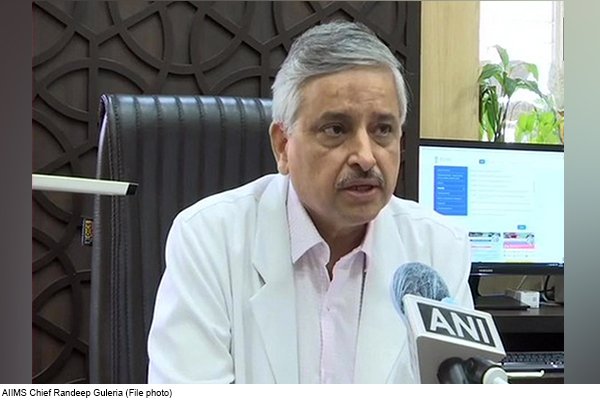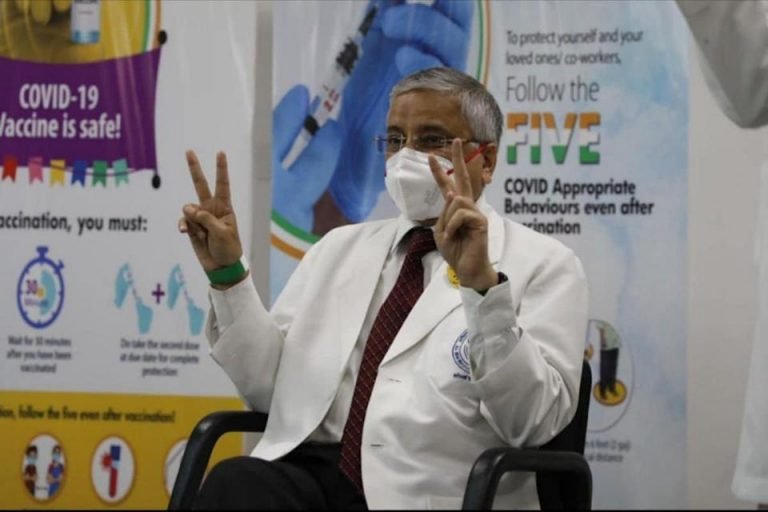AIIMS director Randeep Guleria said that secondary infections – fungal and bacteria – are causing higher mortality rates amid an increase in COVID-19 cases.

The AIIMS director said that in a health briefing, more than 500 cases of mucormycosis have been reported in several states.
New Delhi: All India Institute of Medical Sciences (AIIMS) director Randeep Guleria said on Saturday that steroid misuse is a major reason behind mucormycosis, commonly known as black fungus.
Mr Guleria also urged hospitals to follow protocols for infection control practices as secondary infections – fungal and bacteria – could be seen as COVID-19 cases are increasing and causing greater mortality .
AIIMS director addressing a health briefing said, “As the cases of COVID-19 are increasing, it is of paramount importance that we follow the protocol of infection control practices in hospitals. It was observed Is that secondary infections – fungal and bacteria – are causing more deaths. “
He said, “Mucormicosis spores are found in soil, air, and even food. But they are less virulent and generally do not cause infection. There were very few cases of infection before COVID. Now, a large number of cases are coming up. Reported due to COVID. “
23 patients of this fungal infection are being treated in AIIMS. 20 of them are still COVID-19 positive and the rest are negative for COVID. More than 500 cases of mucormycosis have been reported in several states, Mr. Guleria said.
He continued, “Mucormicosis can affect the face, infected nose, eye orbit or brain, which can also cause vision loss. It can also spread to the lungs.”
Mr. Guleria said, “Steroid misuse is a major reason behind this infection. There is an increased likelihood of fungal infections in patients with diabetes, COVID positive and steroids. To prevent this, we need to avoid steroid abuse. Must stop, ”Mr. Guleria said. .
Earlier in the day, the Haryana government declared mucormycosis a notified disease and the Odisha government constituted a seven-member state-level committee to oversee such cases in the state.

